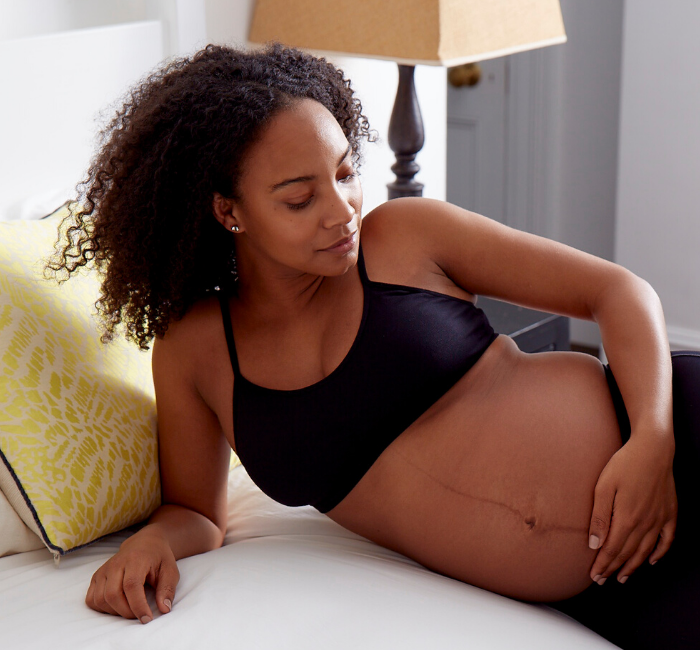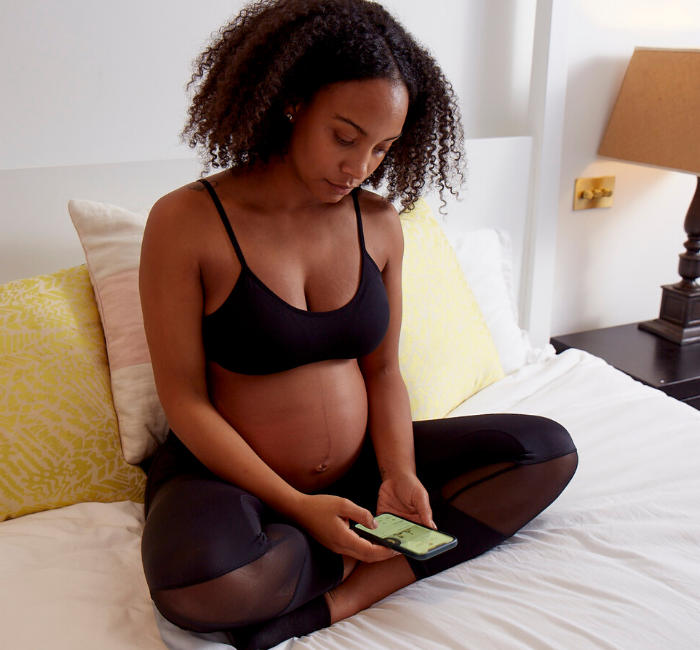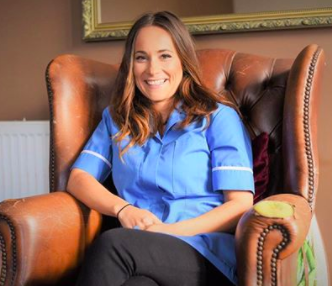How Might Coronavirus Impact My Birth Plan?
Finding out you’re pregnant is nerve wracking and exciting, and it’s normal that not long after accepting the fact that a baby is growing inside you, your thoughts turn to the birth. Even from an early gestation most women have an idea of what their labour and delivery might look like, whether that is in hospital, at home or in a birth centre.
First of all, rest assured that your midwife and medical team are going to be there for you, whatever the circumstances. At around 36 weeks of pregnancy, your midwife will go through your birth plan, explain options and help to guide you on where would be safest for you to give birth. If you aren’t physically visiting your midwife during lockdown, some appointments are now provided by video link or telephone. Every midwife will recommend to include flexibility in your plan, something that has been the advice since long before the Covid-19 outbreak.
By nature, birth is unpredictable, which is why whenever I help a woman with her birth plan, I start by debunking the birth plan myth – that a birth plan is something you need to stick to and if you don’t, it means something negative happened during your birth.
Having a birth plan is not about sticking to a rigid plan, it is about understanding your options before labour and birth to enable you to make informed decisions. I often explain if you don’t know your options, you don’t have any. You need to know what is available to you and the risks and benefits of the various options you have so that you are always making informed decisions.

A birth plan is about creating the best environment that works for you, whether that be at home, in theatre or in a midwifery led unit.
In the Biamother app, you can also make your own customised birth plan that you can return to and amend or print, to share with the team who will be present at your birth.
When crafting your birth plan, have a think about how to work with your body. A birth plan makes your wishes clear to your care providers, and everyone is slightly different. Some mums want a lot of support, talking and guidance. Other mums are using hypnobirthing and prefer less talking and guidance unless things change. Some mums want to avoid drugs; others would like an early epidural. There is no one rule fits all and there is no right or wrong way to have a baby.
Although Covid19 has caused some restrictions to certain aspects of maternity services, a lot of what pregnant women need to consider in their birth plan remains the same. For example, what are your plans for managing labour? Are you using breathing techniques? Do you know what pain relief options are available to you? Would you like your baby to have vitamin K? If so, how? All of these things are an essential part of your birth plan and these choices available to you are entirely unaffected by Covid-19.
When it comes to where you are planning on having your baby, it is worth knowing that homebirth and standalone birth centres rely on the availability of ambulance services to ensure rapid transfer to hospital – should you need it. If ambulance services are pressed due to Covid-19 in your area, you may have to change plans. If this is the case for you, then have a think about what can you do to bring a bit of home into the hospital? Can you bring some battery powered tea lights? Your own pillow and pillowcase? Perhaps some affirmations to have around you? Or maybe you’d like to bring an eye mask to block out the light? What about using aromatherapy (if it is supported at your local trust).

There is so much you can still do to work around the changes. As disappointing as you may feel initially, try to shift your attention onto focusing on everything you can do to create a positive environment for your birth. Now more than ever, is it important to get into the right mind set pre-labour, so utilise everything that is available to you to help you approach birth with a clear, positive mindset.
Although there is an added pressure on the NHS in general, maternity services are an essential service and hospitals have many plans in place to ensure that women are provided with the safest level of care possible. Part of this plan includes protecting staff and the work force. One way to minimise risk to not only staff but other women and their babies, is by limiting those coming into the hospital. If you are admitted antenatally or are having an induction, it is possible that your partner may not be able to attend. However, during birth you should be encouraged to have a birth partner with you once you are in established labour (4cm dilated and getting 3 contractions in a 10-minute period).
The exception to this is if your birth partner has symptoms of coronavirus, in which case they will not be allowed to come into the maternity suite. As mentioned, this is purely to protect other women and their babies and the maternity staff. To help plan for this possibility, have a few people on standby. These may be really positive conversations to have with loved ones as they will forever feel privileged that you wanted them to be at your birth.
Lastly, I just want you to know that no matter what is going on in the outside world, behind the labour and birth room doors you will be well cared for, fully supported and safe with your midwife and birth team.

